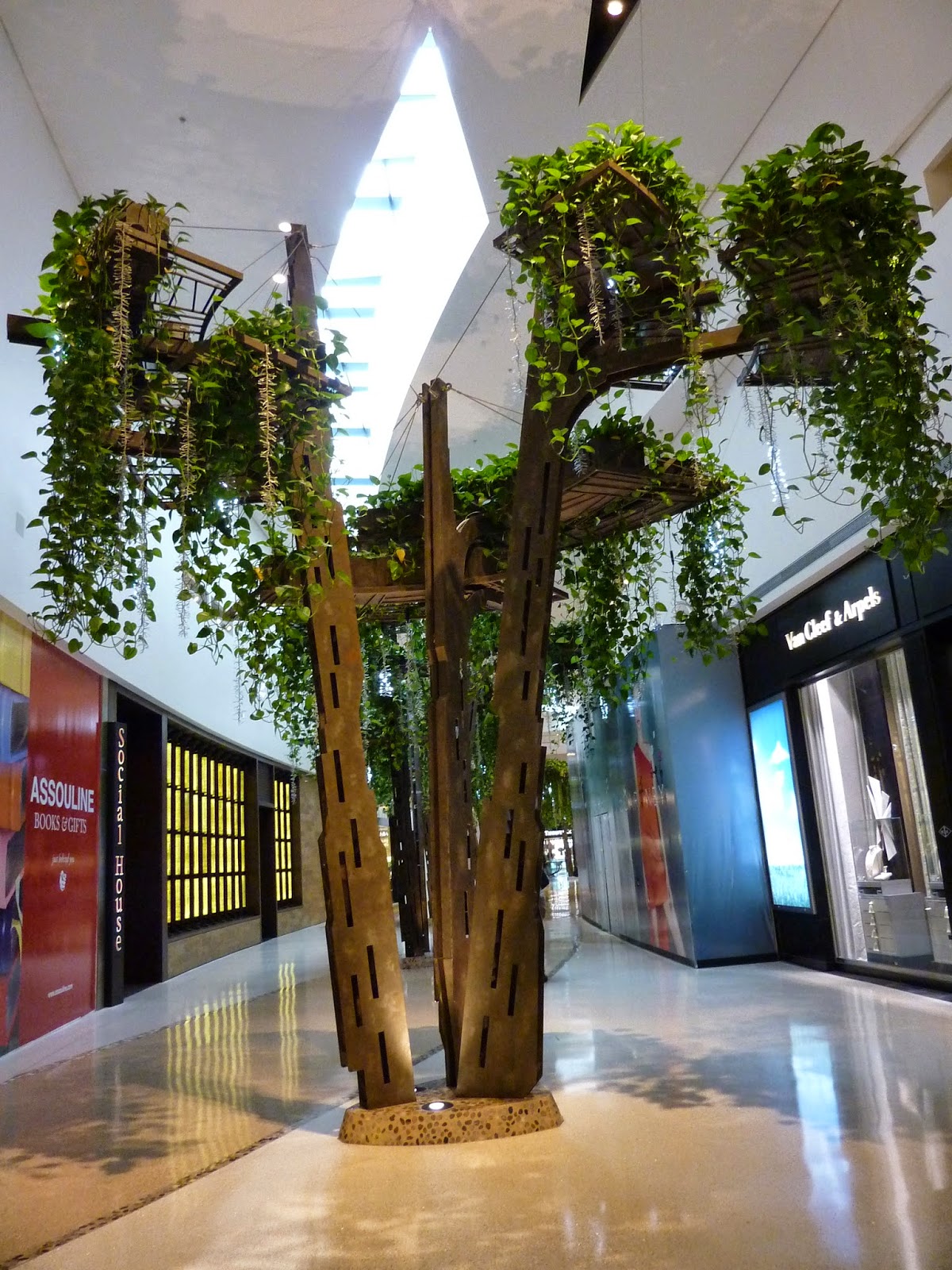akon ini - 2nd week easter tuesday
We
continue our reflection on our first reading, this time from the Acts of the
Apostles.
Luke
narrates to us what life was among the first Christian community presided over
by Peter and the Apostles. Several
characteristics of this first Christian community are given – they were of one
heart and one mind, there was unity in the community, and there was also
solidarity among the members because each one was concerned with each other’s well being. Everything was held in
common, nobody was claiming anything as his own and these were disposed of
according to the need of each member. I
remember Cardinal Sin in his homily where he said, let us abolish the “mine”
industry, abolish the “mine” industry.
By mine industry he meant our tendency to always insist on - this is
mine this is mine, this is mine, akon ini.
So many quarrels and bitter conflicts come about in our communities and
even in our families because of our insistence on this is mine, this is
mine. But in the first Christian
community they held everything in common and no one claimed that any of his
possessions was his own. They abolished
the “mine” industry.
This
sort of arrangement can be difficult. I
think if we insist on this, that we own nothing, then we pool together our
resources and get only the things that we need, many of you will be changing
religion. But there are people living
this kind of life. There are religious
communities and even lay men and women who live in community and live the so
called life in common. That at the end
of the day they would pool together their earnings regardless of how much one
earns, share everything and not just a portion, and then they get only what
they need. So no one is needy. Why?
because as St. Paul says: The one who gathered much did not
have too much, and the one who gathered little did not have too little”
We tried this once a community of seminarians
pero bisan seminarista dayaon man sa gihapon, indi gid ma-surrender ang tanan
kay matago gid sang iya. Probably by
nature we are really self-centered and selfish and it will take some act of the
will to be generous and to let go of what we have. Probably it is part of our survival instinct.
Nevertheless
this is a challenge for all of us - that we must imitate if not totally then in
varied degrees the act of solidarity present among the first Christians. For the apostles, living in common as an
expression of unity and solidarity is an act of witness that the Lord is risen
and is alive in our midst. This act of
solidarity and unity is a manifestation that our community believes that Jesus
is risen from the dead and is alive in our midst.
So
the question is this, is our belief in the resurrection make our community a
caring community? Are we a caring
community or are we a community that differentiates, a community that condemns
those who are different from us, a community that segregates them from us. Are we exclusive or are we inclusive and
welcoming? Are we a community that cares
for the needy among us, a community that reaches out to the sick, the poor, the
marginalized, and those who need attention and care? This is important because this is our
credentials if indeed we are a people who believe in the resurrection, if
indeed we are a people who have in their midst not a dead Jesus, not a dead
Lord, but the risen Christ, the risen Lord.

Comments